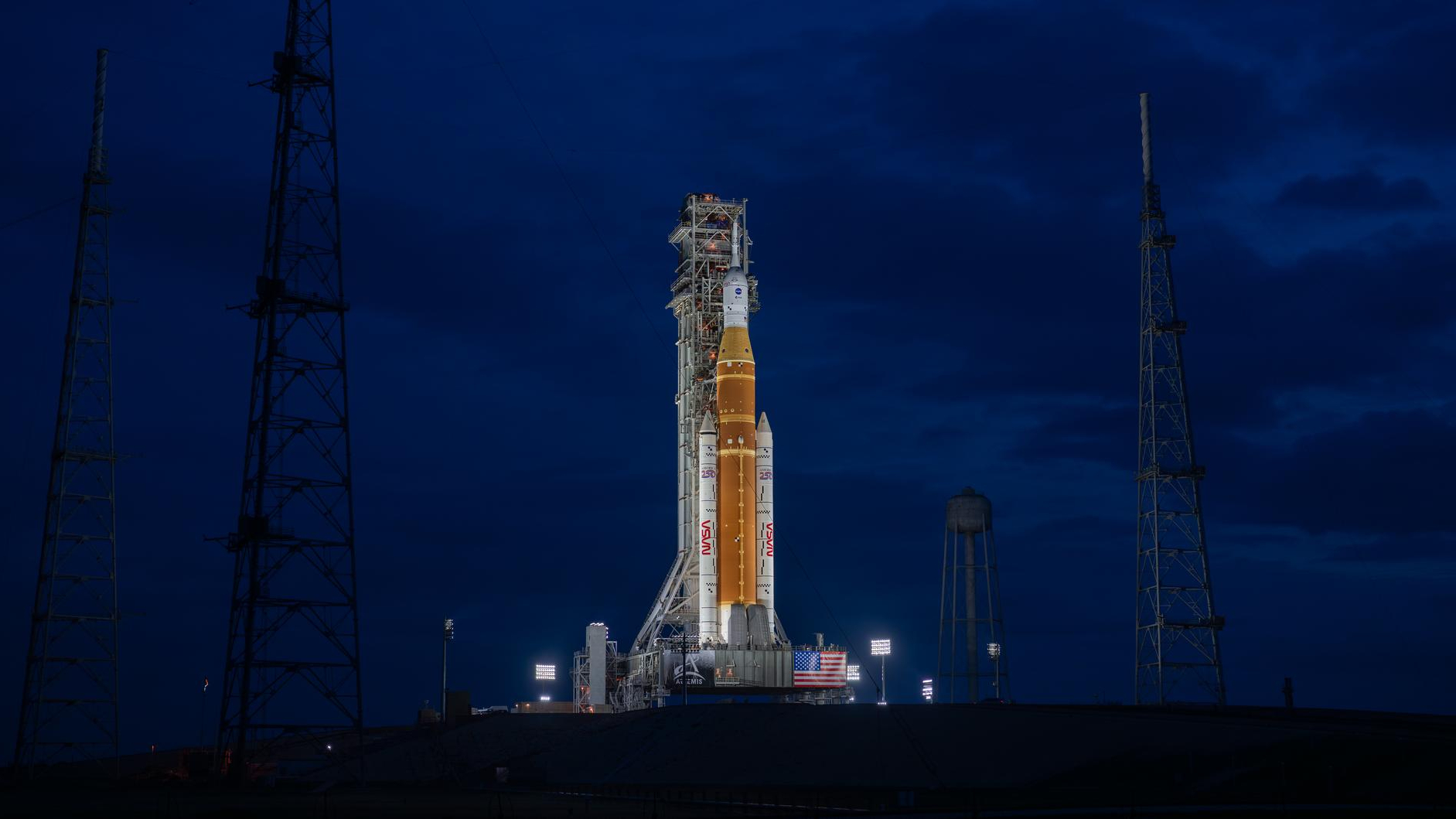Startup Vast Space wants to take artificial gravity station concept for a spin
Vast Space, which is backed by a cryptocurrency billionaire, says it is in the early stages of looking at artificial gravity space stations, but few details are available.

A new space station artificial gravity startup is in the field.
A cryptocurrency-backed company, called Vast Space, announced plans to pursue artificial gravity space stations to improve "human productivity" in orbit, as the company termed it. Vast Space is founded by Jed McCaleb, a billionaire behind the launch of three large crypto firms, such as bitcoin exchange Mt. Gox.
Critics have said that cryptocurrency is not a stable form of financing and that only a few people profit from the exchange of digital currencies. McCaleb is also the founder of a non-profit called the Astera Institute, which seeks research in "high leverage" science and technology areas.
"I have always believed in leveraging technology to reduce inefficiency and improve the human condition. To expand human habitation in space, we have to create technologies that perfect sustainability," McCaleb said in a company statement unveiling the project during the World Satellite Business Week and International Astronautical Congress 2022 meetings in Paris this month.
Related: Company to build private Voyager space station with artificial gravity
Vast Space, however, has not provided any concrete details in their press release about where they plan to go next. Vast says it is "assembling a world-class team while rapidly making progress with multiple subsystem development tests," which at best indicates the technology is at an early stage of development. (One of the advisors is Hans Koenigsmann, a former vice-president at SpaceX.)
While microgravity is difficult on bones, blood and other systems of the human body, artificial gravity remains a concept difficult to implement in practice – even though we've seen it all over science fiction, from the classic movie "2001" and the "Star Trek" franchise, to more recent entries like "Interstellar" or "Passengers."
Breaking space news, the latest updates on rocket launches, skywatching events and more!
Related: 'The Martian' author: If we're serious about going to Mars, we need artificial gravity
One popular concept, the O'Neill cylinder, proposes using incredibly massive cylinders rotating in opposite directions to replicate gravity. (Jeff Bezos, the owner of space exploration company Blue Origin, is among those proposing using them for floating space settlements.)
Unfortunately, however, O'Neill cylinders must be an eye-watering 20 miles (32.2 kilometers) long and 4 miles (6.4 km) in diameter, which is far too large for our current technology. Researchers at the University of Boulder Colorado have suggested rotating room-scale systems instead as a possible alternative.
Another startup, Orbital Assembly Corporation, announced plans last year to build a space station with artificial gravity in 2025. The company includes veterans of NASA and several engineers on its team, the firm said at the time.
Follow Elizabeth Howell on Twitter @howellspace. Follow us on Twitter @Spacedotcom or Facebook.

Elizabeth Howell (she/her), Ph.D., was a staff writer in the spaceflight channel between 2022 and 2024 specializing in Canadian space news. She was contributing writer for Space.com for 10 years from 2012 to 2024. Elizabeth's reporting includes multiple exclusives with the White House, leading world coverage about a lost-and-found space tomato on the International Space Station, witnessing five human spaceflight launches on two continents, flying parabolic, working inside a spacesuit, and participating in a simulated Mars mission. Her latest book, "Why Am I Taller?" (ECW Press, 2022) is co-written with astronaut Dave Williams.
